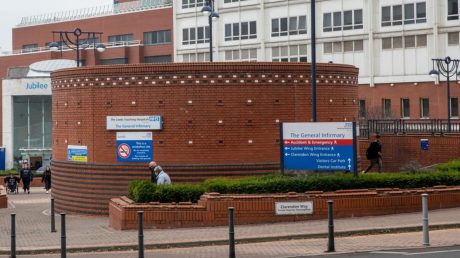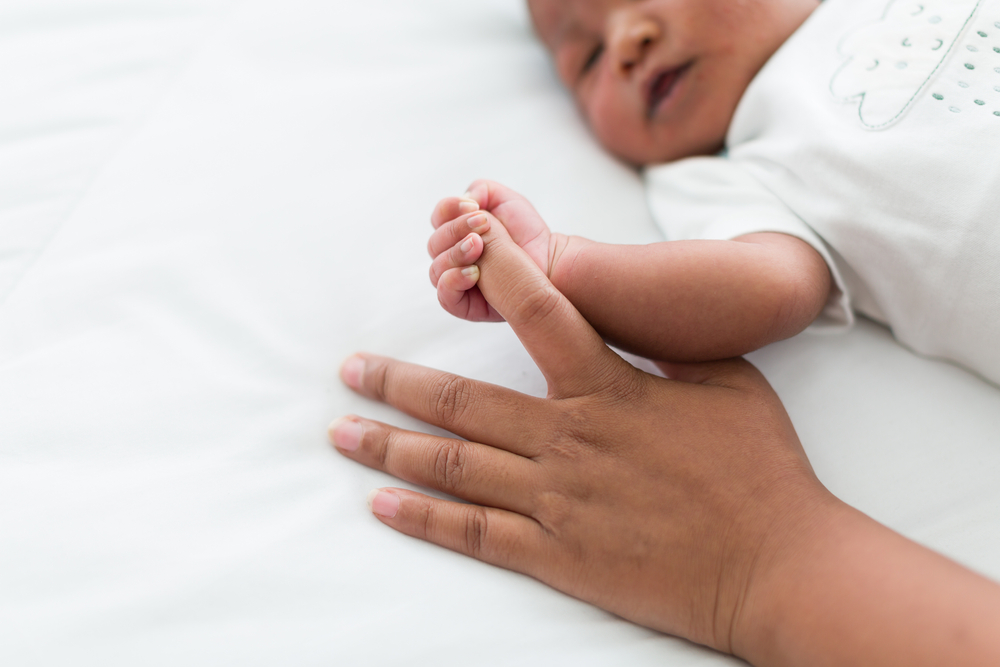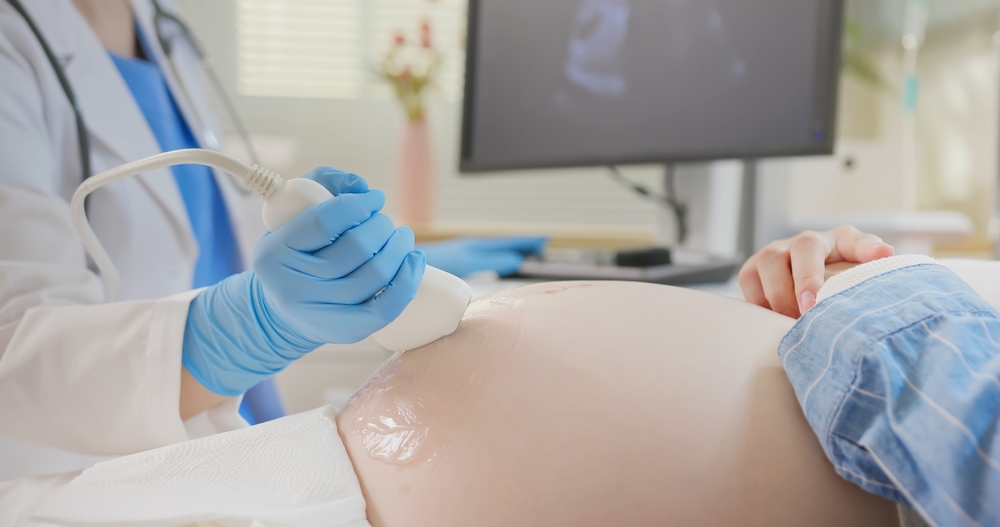Last Monday, on 20 October, Wes Streeting, Health and Social Care Secretary, ordered an urgent inquiry into the state of the maternity services at both Leeds General Infirmary and St James’s University Hospital, Leeds. Amy Fielding, Partner in Medical Negligence at Stewarts’ Leeds office, examines the reasons for the inquiry and the broader implications for UK maternity services.
Leeds General Infirmary and St James’s University Hospital form part of one of the biggest teaching hospital trusts in Europe, Leeds Teaching Hospitals NHS Trust. The maternity and neonatal care within that locality was classed as ‘Inadequate’ in the most recent Care Quality Commission’s (CQC) reports following its investigations in December and January 2024. Mr Streeting hopes that an inquiry into the two hospitals will allow for an understanding as to what had “gone so catastrophically wrong” and why there appears to have been a series of “repeated failures”.
This urgent review also appears to result from the same trust being ordered to repay close to £5m to the NHS in June 2025. This sum had previously been paid to these hospitals under the NHS Maternity Incentive Scheme after scoring themselves against 10 national standards measuring their performance in maternity care.
However, the release of the critical CQC report in June 2025 appears to have sparked concern at NHS England, with a review of the trust’s self-scoring and repayment of the funds being announced. This is precisely the same situation that arose in other trusts, such as East Kent, Morecambe Bay, Shrewsbury, Telford and Nottingham, where millions of pounds had to be returned to the NHS.
CQC Findings and staffing concerns
A review of the CQC assessments of both hospitals reveals significant criticisms throughout the reports. The CQC assesses services under the following headings:
- Safe
- Effective
- Caring
- Responsive, and
- Well-led.
For maternity services in both hospitals, all were judged at best as ‘Requiring Improvement’ but at worst as ‘Inadequate’. (For Leeds General Infirmary, although it states ‘Good’ for ‘Effective’ in the June 2025 report, but this relates to neonatal care rather than maternity care.)
The most concerning assessment was that safety across both hospitals’ maternity services was assessed as ‘Inadequate’.
At Leeds General Hospital and St James’s University Hospital, the CQC’s recent assessments found that both hospitals had contravened legal regulations with regard to learning following incidents, risk management, safe environment, infection prevention and control, medicines management and some governance processes.
The staff at Leeds General Infirmary also reported challenges in providing the level of care they would have liked due to significant staffing shortfalls within the service. Similarly, staff at St James’s University Hospital felt that the needs of their maternity service were not reflected in their staffing levels. Following its inspections, the CQC issued a warning notice with regard to staffing levels at the hospital.
National context and the Leeds review
This newly commissioned review in Leeds follows the national review of maternity services announced by the Health Secretary in June 2025. This followed a series of systemic failings in NHS maternity care identified in many areas in the UK. In part, this was also prompted by the previous urgent review of Nottingham University Hospitals NHS Trust announced by Mr Streeting. This review followed fines being issued against the trust on two occasions for its failure to provide safe maternity care in recent years.
When making the announcement in relation to maternity care in Leeds, Mr Streeting indicated that this should be a “Nottingham-style” inquiry. He suggested that “we need clear answers, accountability and improvement… I do think we need that independent look in terms of how that’s going, not just today but stretching back to historic cases as well”.
A call for accountability and reform
The fact that two large NHS hospital teaching trusts now require urgent reviews looking back at what appears to be close to a decade and a half of care, raises the question of why these trusts have not been providing clear and accountable services to date. Furthermore, it calls into question whether improvements could have been made well before now had stringent performance monitoring been in place. If they had, the harm many of the families feel they suffered while receiving maternity care could potentially have been avoided. It is hoped that this urgent review will ensure all issues are investigated, addressed and resolved. However, this recent announcement may fuel concerns being raised by other families, who may now call into question the standard of maternity care they received at either of these Leeds hospitals.
Broader implications for UK maternity services
In considering the position back in February 2025, I predicted that the Nottingham review could have been the tip of the iceberg for maternity services throughout the UK. I said at the time: ”Regrettably, Nottingham University Hospitals NHS Trust is not alone in its recent failings to mothers and babies in the UK. The continued poor standards for maternity care being revealed throughout many areas of the country are not something to merely move on from, but to learn from and implement real life-changing improvements. It’s only then that the focus can shift onto sustaining these practices, which can then lead to restoring real public confidence in maternity care. As one of the most critical areas of healthcare, mothers and families have the basic right to deliver babies in a safe and trusted environment. Thus, the question remains as to whether a more holistic review of maternity services provided by hospitals throughout the UK is required to ensure adherence to a standard that should reasonably be expected.”
One recommendation made by the families involved in the Leeds inquiry is that senior midwife Donna Ockenden should lead any inquiries to ensure their success and achieve what is required to provide appropriate maternity services. In the meantime, the Chief Medical Officer of Leeds Teaching Hospitals NHS Trust, Magnus Harrison, has accepted that its maternity service was non-compliant and has said that £2.1m has been allocated to support an action plan to improve the service and achieve compliance.
You can find further information regarding our expertise, experience and team on our Medical Negligence page.
If you require assistance from our team, please contact us.
Subscribe – In order to receive our news straight to your inbox, subscribe here. Our newsletters are sent no more than once a month.






